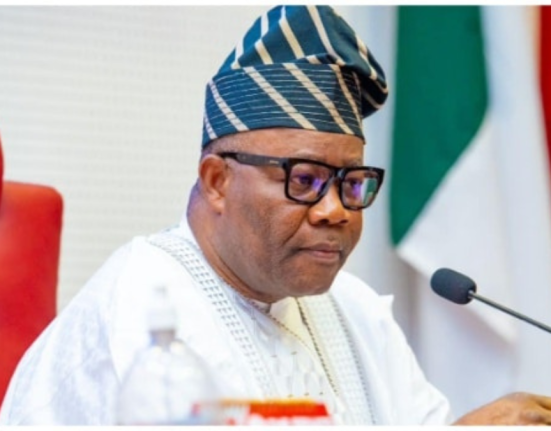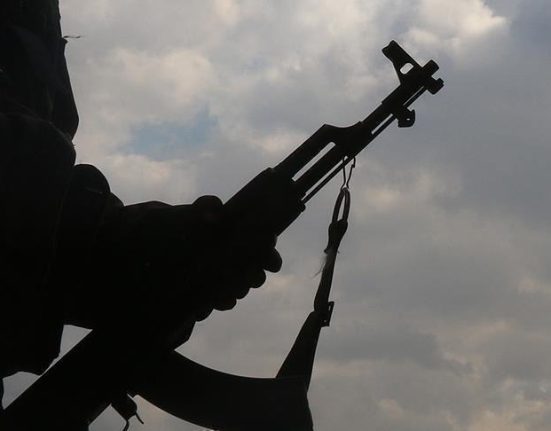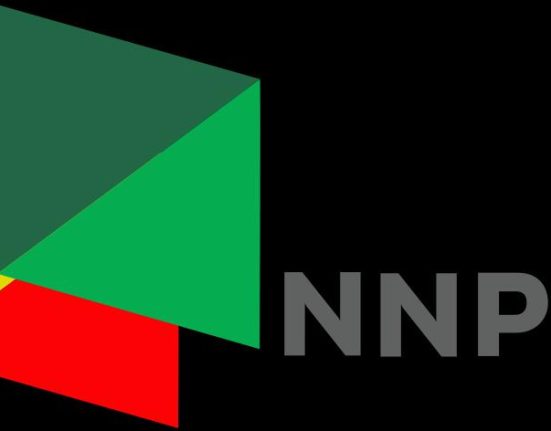In June 2024, President Bola Tinubu signed an Executive Order abolishing tariffs, excise duties, and VAT on pharmaceutical raw materials and machinery. The move was designed to cut production costs, boost local manufacturing, and make essential drugs more affordable for Nigerians. The order also directed the Ministries of Health, Finance, and Industry, alongside agencies like Customs, NAFDAC, SON, and FIRS- to create a harmonized framework to fast-track implementation and remove bottlenecks.
By March 2025, the Nigeria Customs Service announced it had commenced implementation of the order, offering tax exemptions to manufacturers of pharmaceutical products. The Federal Government also claimed that production costs for local drug makers had dropped by around 12 percent. On paper, the initiative looked like a breakthrough. In reality, however, drug prices have continued to spiral, leaving millions of patients stranded.
Market surveys show that between June 2024 and August 2025, prices of life-saving medications climbed steeply. Insulin, crucial for diabetics, rose from ₦14,000 to ₦18,000, while a glucometer spiked by 41 percent, moving from ₦20,500 to ₦29,000. Hypertension drugs also surged: metformin increased from ₦500 to ₦650, amlodipine from ₦1,800 to ₦2,400, and Exforge skyrocketed from ₦32,800 to ₦60,000. Malaria treatments have been no exception. Coartem, a widely used antimalarial, jumped 124 percent from ₦3,800 to ₦8,500, while Artesunate injections rose 56 percent. Lokmal tablets more than doubled in price, from ₦1,200 to ₦2,450.
Only a handful of medicines recorded price drops. Augmentin declined by 24 percent, from ₦18,500 to ₦14,000, while the Ventolin inhaler fell slightly from ₦8,500 to ₦7,500. Still, these exceptions are rare in a market where costs continue to crush patients. For many Nigerians battling chronic illnesses like diabetes, hypertension, and malaria, relief remains painfully out of reach.
Stakeholders blame the persistent rise on a mix of factors. Implementation of the executive order has been slow, meaning older stock in circulation still reflects higher prices. Nigeria’s heavy dependence on imports—about 75 percent of drugs are brought in from abroad- means volatile foreign exchange rates continue to dictate costs. Rising energy prices, supply chain inefficiencies, and insufficient local production capacity have compounded the crisis.
Pharmacists and medical associations are also divided on the impact of the order. Ambrose Ezeh, President of the Association of Community Pharmacists of Nigeria, insists the directive has yet to be enforced in practice. Olatunji Aloba, ACPN Chairman in the FCT, acknowledged that new consignments are beginning to reflect lower costs, but stressed that the effect is uneven and gradual. For now, patients remain at the mercy of high market prices.
Healthcare leaders, including the Nigerian Medical Association and the Nigerian Association of Resident Doctors, warn that without stronger healthcare financing, expanded health insurance, and deliberate support for local manufacturers, Nigerians will continue to struggle. They argue that the Abuja Declaration, which requires governments to allocate at least 15 percent of their budgets to health, must be revisited if real change is to occur.
For patients, the gap between government promises and lived reality is glaring. Members of the Diabetes Association of Nigeria complain that insulin, which once sold for as little as ₦4,000, now costs between ₦18,000 and ₦20,000, far beyond the reach of many. Ordinary Nigerians share similar frustrations. A Lagos trader recounted spending nearly ₦20,000 to treat malaria, a condition that cost her less than ₦10,000 the year before. Another patient said a common drug for catarrh that once sold for ₦4,000 now goes for ₦24,000.
While the government maintains that the executive order will gradually lower costs as new policies take root, patients say they cannot afford to wait. For them, each passing month without affordable drugs means making impossible choices between feeding, rent, and life-saving medication.








